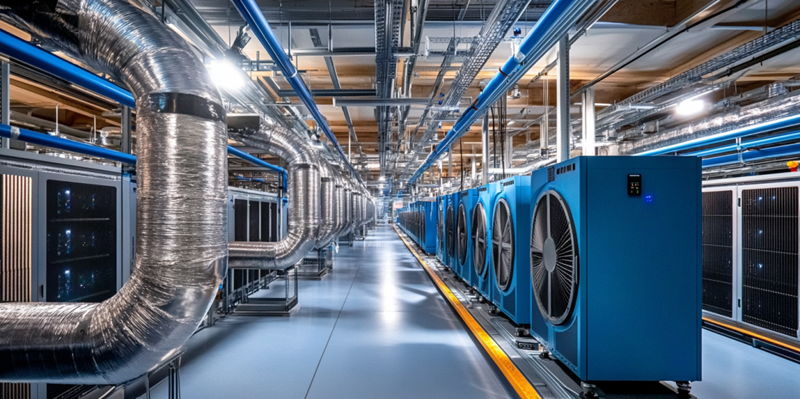In an ambitious move to reduce the environmental impact of its data centers, Microsoft has recently introduced a revolutionary closed-loop cooling technology. This innovative system involves pumping liquid into the cooling pipes of a data center once, allowing it to continuously circulate to cool servers and chips. Traditional cooling methods can consume significant amounts of water, potentially leading to ecological issues, especially in arid regions like Arizona and Texas where water resources are scarce. By addressing these environmental concerns head-on, Microsoft is demonstrating its commitment to sustainable practices.
In response to growing concerns about the environmental footprint of AI, particularly regarding the cooling requirements for processing large numbers of requests, Microsoft has taken substantial steps to mitigate this impact. Over the past fiscal year, the company has invested over $50 billion in constructing new data centers, with plans to increase this expenditure further. However, it is worth noting that data centers equipped with this advanced cooling technology are not expected to be operational until 2026. This timeline underscores the complexity and scale of the endeavor, as well as Microsoft’s dedication to long-term environmental responsibility.
This strategic move reflects a broader trend in the tech industry towards sustainability and environmental stewardship. By adopting closed-loop cooling, Microsoft aims to diminish water usage and promote a more sustainable approach to data center operations. These efforts are part of the company’s larger commitment to addressing climate change and reducing its overall environmental footprint. By focusing on water conservation and efficient cooling solutions, Microsoft is setting an industry-wide example for responding to ecological challenges with advanced technological solutions.
Overall, Microsoft’s proactive stance on environmental sustainability through significant investments in innovative cooling technologies underscores its position as a leader in responsible tech practices. By concentrating on creating efficient cooling systems and conserving resources, Microsoft has set a valuable benchmark that could inspire other companies to adopt similarly responsible and innovative strategies in their operations.

